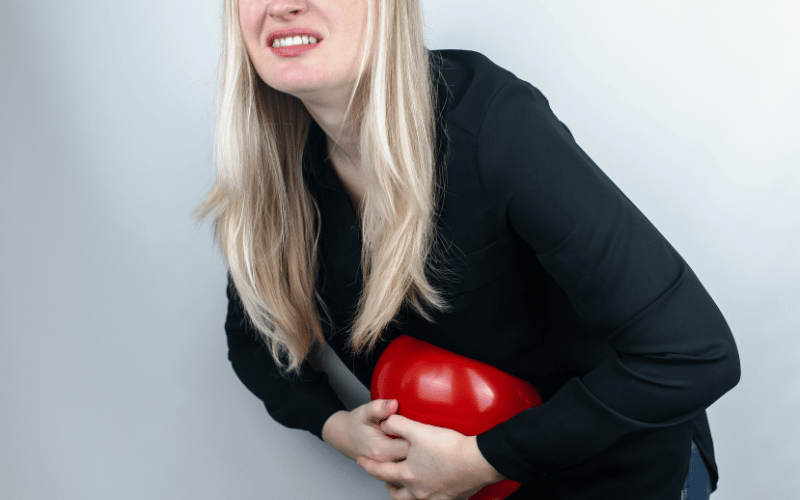5. Bloating and Gas: Indicative of Digestive Disruption

Bloating and gas are symptoms often associated with various digestive issues, but when linked to gallstones, they indicate a disruption in the normal digestive process. Gallstones can obstruct the flow of bile, essential for fat digestion, leading to indigestion and resulting in bloating and gas. These symptoms can be particularly uncomfortable and embarrassing, impacting social interactions and the individual’s quality of life.
The experience of bloating in gallstone cases can range from a feeling of fullness to a visible enlargement of the abdomen. It’s often accompanied by gas, which can be both uncomfortable and socially awkward. These symptoms are typically more pronounced after meals, especially those high in fat content, due to the impaired bile flow.
What makes these symptoms intriguing is their commonality yet specificity. While bloating and gas are widespread, in the context of gallstones, they are often more persistent and resistant to typical remedies like dietary changes or over-the-counter medications. This persistence is a clue that something more than just a simple digestive upset might be at play.
Another fascinating detail is the way these symptoms interact with diet. Individuals with gallstones might notice that certain foods, particularly fatty or greasy items, trigger more severe bloating and gas. This reaction is due to the gallbladder’s role in bile secretion, which is crucial for fat digestion. When gallstones obstruct this process, digestion is hindered, leading to these uncomfortable symptoms.
Understanding the link between bloating, gas, and gallstones is important. It helps in differentiating these symptoms from those caused by other digestive disorders. Being mindful of these signs and how they relate to eating habits can aid in early detection of gallstones, preventing further digestive discomfort and complications. (5)